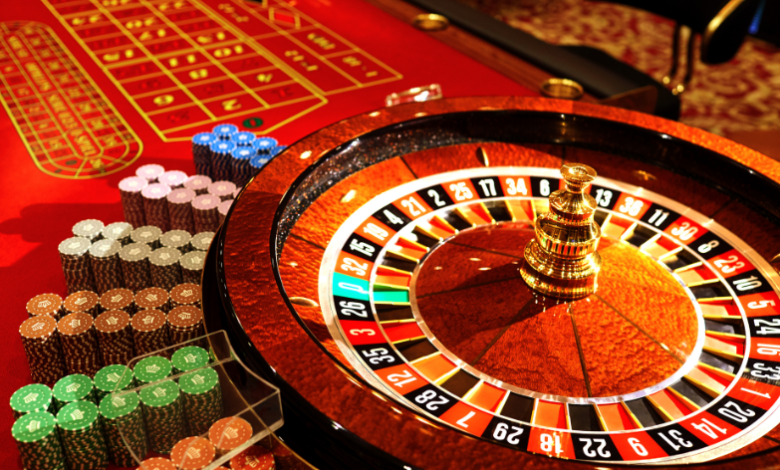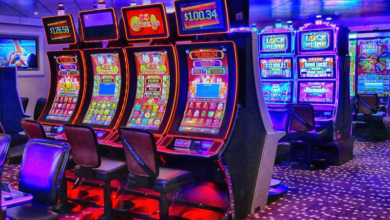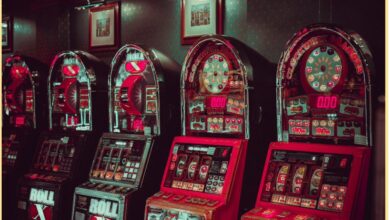The Dynamics of Chance and Its Effect on Slot Machine Wins

Slot machines, those bright blinking eyes of games that are located all over the world in casinos, are based on a simple and infinitely complex principle: randomness. This essence makes every twist of the reels an absolutely independent event, giving equal chances for either success or failure. The intricacy of how random numbers control slot machine winnings and losses is examined with insight by the team from 50Casino.
Understanding Random Number Generators
The Random Number Generator (RNG) is a computer chip at the heart of each modern slot machine, just like throwing dice or shuffling cards. In other words, it wraps up everything about digital coin tossing. Even when not being played, RNGs keep on generating a series of random numbers. Whenever a player hits the spin button on his or her game machine, this computer selects one specific digit to set up other symbols on display.
This procedure makes every next spin different from the previous one; hence, no predictable outcome can be determined. It’s an innovation that ensures equality and lacks any bias, thereby making MI slot players’ best choices fair and uncontrolled. Each spin stands for life uncertainties where there is no correlation with past events.
Calculating Odds with Symbols and Paylines
Calculating odds on these machines may sound simple, but complexity sets in because the number of symbols used affects this process significantly, as do paylines. A particular number of symbols are contained in each reel, whereby more symbols made available reduce winning likelihoods accordingly. Additionally, multiline slots have added more complications due to their design features; therefore, some pay lines get complicated only because they will create additional combinations, thus affecting odds.
The programming language determines which symbol will win for a given game through its interaction with the output of RNGs, such that if a machine has five reels carrying twelve symbols, then players can calculate the approximate winning probability as 1/12 = 8% chance for any specific symbol that anyone wants to land. The numeric probability is 1/248, 832 of hitting five symbols matched. Still, the player’s chances may be much better than this because each payline could result in a different combination that would have been successful and easier to achieve.
Volatility and Its Impact on Payouts
Volatility, or variance, refers to how often and how much money a slot machine pays out in any list of licensed casinos established online. High-volatility games usually make fewer payouts, but they are more massive, while low-volatility slots provide smaller rewards at higher frequencies. Such aspects of a gaming machine influence the personal experience of gamblers playing it. Some people might like to participate in jackpot games where they lose for long periods with the opportunity of winning huge sums at the end, whereas others will choose small wins consistently.
Randomness is one significant factor behind volatility. Even though a game may be regarded as a high-volatility slot, it can offer two big wins within a short time span. On the other hand, low-volatility slots can go through many spins without any winning combinations taking place. These streaks that keep players engaged but sometimes annoyed are an example of randomness, which is involved when you play slot games.
The intrinsic appeal of slot machines is in their capability to reward a lot with very little, a factor that has been made possible by the nature of the game, which is random. At some point, gamblers must have heard about someone who won a huge sum as a result of his casual spinning. These stories of sudden luck reveal the fascination that people feel for these machines and the undying faith that if they keep on spinning, players may just turn around their fortunes.



